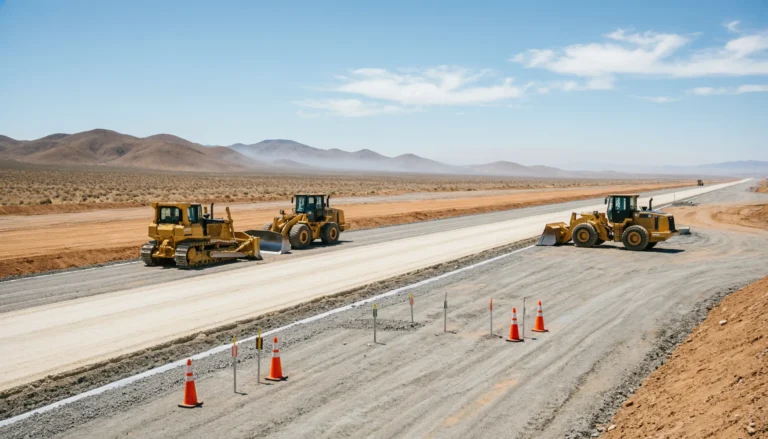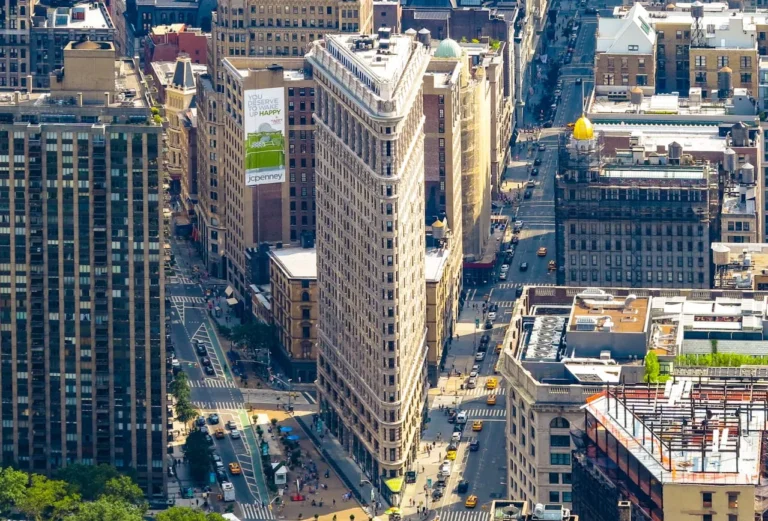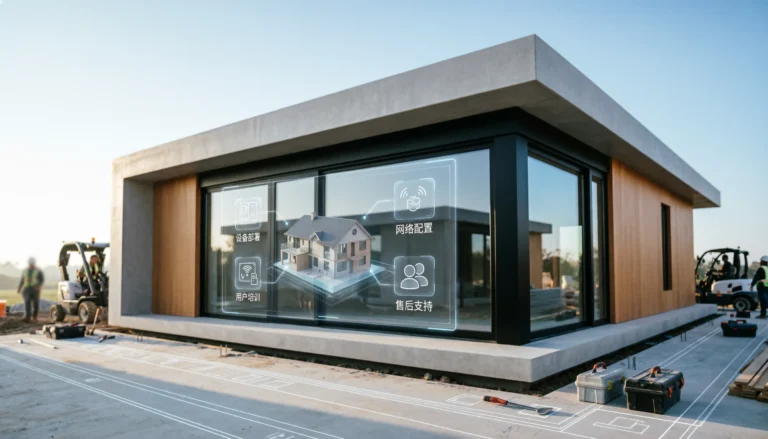
The Council of State, the highest administrative court in France, has entrusted Bouygues Bâtiment Ile-de-France, a subsidiary of Bouygues Construction, with the design, construction and maintenance of the new office building for the Council of State services. The Council of State will eventually be located on two sites owned by the State: the Palais-Royal and the so-called “Voltaire” site.
This exemplary project will be carried out in the form of a global performance contract lasting 27 months, with delivery scheduled for summer 2026, followed by 5 years of maintenance, for a total amount of 15.4 million euros.
The project consists of the rehabilitation of a 3,600 m² building located at 31 quai Voltaire (Paris 7), in order to accommodate services of the Council of State and training spaces. Maintenance and operation will be provided by Bouygues Energies & Services, a subsidiary of Equans. Designed by the architectural firm Savoir-Fair, the building is divided into three separate entities:
- The building on the quay: faithfully restructured to preserve its heritage architecture
- The courtyard building: rehabilitated to offer contemporary architecture adapted to future uses, notably offices
- The connecting wing: a connection between the two buildings, offering convivial spaces on each floor
A wooden construction extension, located on the top level of the building overlooking the courtyard, will be converted into a multi-purpose living and working space.
The renovation project for this historic building respects its urban, architectural, constructive, technical and decorative components, with a view to adapting it to future needs. Characteristic elements, such as the entrance from Quai Voltaire, the hall, and the street and courtyard facades, will be restored in accordance with existing provisions. The courtyard facade will regain its period glass roofs and original joinery to respect the architectural authenticity. The facade on Quai Voltaire, dating from 1867, will be restored with new wooden joinery while preserving the stone facades.
A project committed to the environment and society
The project is committed to minimizing the energy consumption and carbon footprint of the building. A third of the materials used will be bio-sourced, chosen for their low environmental impact, maintainability and durability.
Key energy commitments include:
- A reduction of almost 50% in energy consumption compared to the reference threshold of the BBC Rénovation label
- Compliance with the Tertiary Decree for 2030 (which aims to reduce final energy consumption by 40% by 2030)
- A carbon level 25% lower than the RE2020 threshold for the new part – including the timber-framed extension;
- Eligibility for the “TOP 15” of the green taxonomy ( the project could be part of the top “15%” of the most efficient buildings on the market, according to the criteria of the green taxonomy aimed at classifying economic activities according to their environmental impact and their contribution to the ecological transition).
This project includes strong commitments in terms of social and environmental responsibility, with a waste reuse and recovery rate of at least 70%, a committed social policy aimed at awarding more than 40% of contracts to SMEs and craftsmen, and 8,300 hours of professional integration planned. Bouygues Bâtiment Ile-de-France teams, experts in heritage renovation, will work on this project, with up to 80 workers on the site during peak periods.
For Albin Dargery, Deputy CEO of Bouygues Bâtiment Ile-de-France: “The offer from the Bouygues Bâtiment Ile-de-France Major Public Projects teams reflects a collaboration of trust between the group’s partners who have been able to translate the expectations of the Council of State. The Bouygues Bâtiment Ile-de-France Equipements Publics teams, who will carry out the work, are very proud and will use their expertise in heritage renovation and their technical know-how to successfully complete this ambitious project.”




